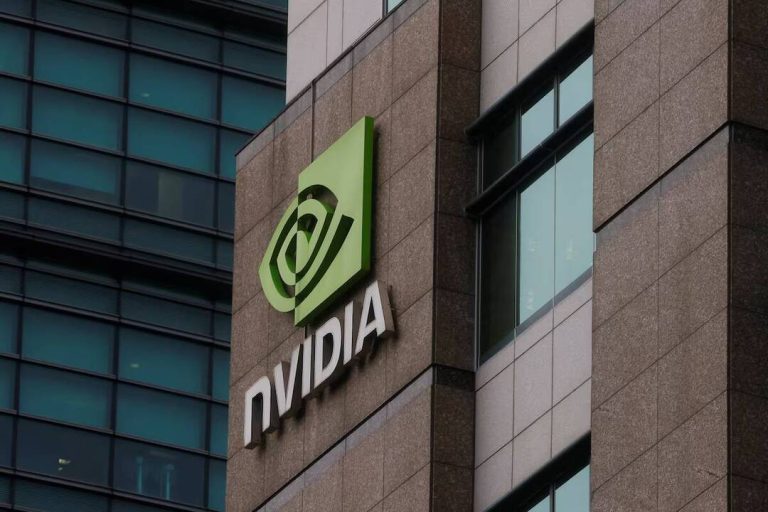
Luma AI raises $900 mn Series C to back Saudi 2 GW AI supercluster
In a significant development that underscores the growing importance of artificial intelligence (AI) in the technology landscape, Luma AI has announced a monumental $900 million Series C funding round. This substantial investment, led by HUMAIN and backed by Saudi Arabia’s Public Investment Fund, has garnered strong participation from a consortium of prominent investors, including AMD Ventures, Andreessen Horowitz, Amplify Partners, and Matrix Partners. The primary objective of this funding is to propel Project Halo, an ambitious 2-gigawatt AI compute supercluster situated in Saudi Arabia, designed to train cutting-edge, multimodal AI models that can learn from a vast array of data sources, including video, audio, and language.
The significance of this investment cannot be overstated, as it not only underscores the growing interest in AI technologies but also highlights the strategic importance of the Middle East, particularly Saudi Arabia, in the global tech ecosystem. The Public Investment Fund’s (PIF) involvement is a testament to Saudi Arabia’s Vision 2030, a comprehensive plan aimed at diversifying the country’s economy, with a significant focus on technology and innovation. By backing Luma AI’s Project Halo, the PIF is reinforcing its commitment to positioning Saudi Arabia as a hub for technological advancement and innovation.
Project Halo is set to be a game-changer in the AI landscape, with its 2-gigawatt AI compute supercluster representing one of the most powerful AI computing infrastructures in the world. The project’s primary goal is to develop and train ‘world models,’ advanced multimodal AI systems capable of processing and learning from diverse data types, including images, videos, audio files, and text. This capability is expected to revolutionize various sectors, from healthcare and education to finance and entertainment, by providing AI models that can understand and interact with humans in a more sophisticated and nuanced manner.
The participation of AMD Ventures, Andreessen Horowitz, Amplify Partners, and Matrix Partners in this funding round is also noteworthy. These investors bring not only financial muscle but also a wealth of experience and expertise in the tech and AI sectors. Their involvement is a vote of confidence in Luma AI’s vision and the potential of Project Halo to transform the AI landscape.
The development of Project Halo and the successful fundraising by Luma AI also highlight the critical role of partnerships and collaborations in driving innovation. By bringing together investors, technology companies, and government entities, Luma AI has created a powerful ecosystem that can support the development of cutting-edge AI technologies. This collaborative approach is likely to accelerate the pace of innovation, facilitate the sharing of knowledge and resources, and ultimately, lead to the development of more sophisticated and beneficial AI models.
Furthermore, the establishment of a 2-gigawatt AI compute supercluster in Saudi Arabia is expected to have a positive impact on the local economy and society. It is anticipated that Project Halo will create new job opportunities, both directly and indirectly, and contribute to the development of a more skilled and technologically adept workforce. Additionally, by positioning Saudi Arabia as a leader in AI innovation, the project is likely to attract more foreign investment, foster entrepreneurship, and stimulate the growth of a vibrant tech industry in the region.
In conclusion, Luma AI’s $900 million Series C funding round, led by HUMAIN and backed by Saudi Arabia’s Public Investment Fund, along with a consortium of prominent investors, marks a significant milestone in the development of AI technologies. The investment in Project Halo, a 2-gigawatt AI compute supercluster in Saudi Arabia, underscores the growing importance of AI and the strategic role that the Middle East is set to play in the global tech ecosystem. As the project progresses, it is likely to have far-reaching implications for various sectors, from healthcare and education to finance and entertainment, and contribute to the development of more sophisticated and beneficial AI models.






